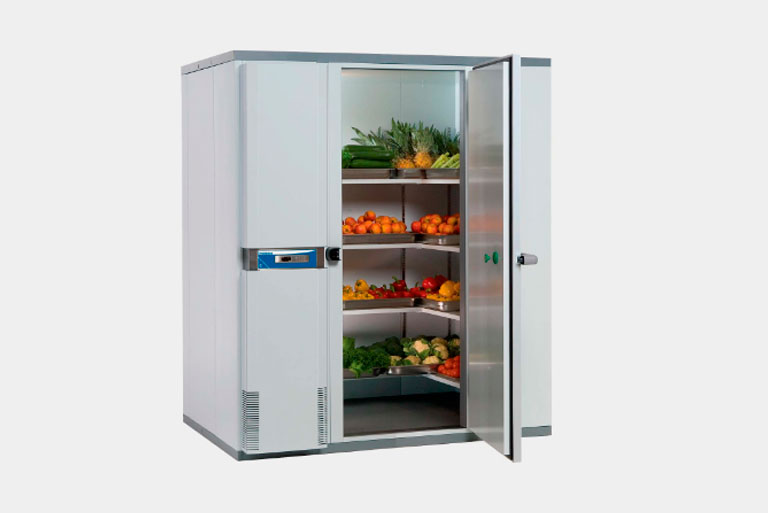Our goal is to achieve a complete transition to biofuels and zero-emission energy by 2030.
We report and calculate our greenhouse gas emissions according to the internationally recognized Greenhouse Gas (GHG) Protocol. In the GHG Protocol, emissions are classified into three “scopes”:
Scope 1: Direct emissions arising from the organization’s own sources, such as the fuel combustion of its own operations or vehicles owned by the organization.
Scope 2: Indirect emissions arising from the production of purchased electricity, heat, or steam.
Scope 3: Other indirect emissions that arise from the organization’s value chain but are not under its direct control. Examples include the procurement of raw materials and transport, as well as the use and disposal of products.
The reduction of emissions in each of the three scopes is implemented on a computational basis with 2022 as the baseline, as complete data is available for that year.
In 2024, we will reduce our Scope 2 emissions by as much as 73% by switching to CO2-free electricity at our factories in Hollola and Ylöjärvi. For the Kemijärvi factory, the transition to CO2-free electricity is still being assessed.
In 2025, emissions will be significantly reduced in comparison to 2022 when we will replace all lighting at the Kemijärvi factory with LED lighting.





